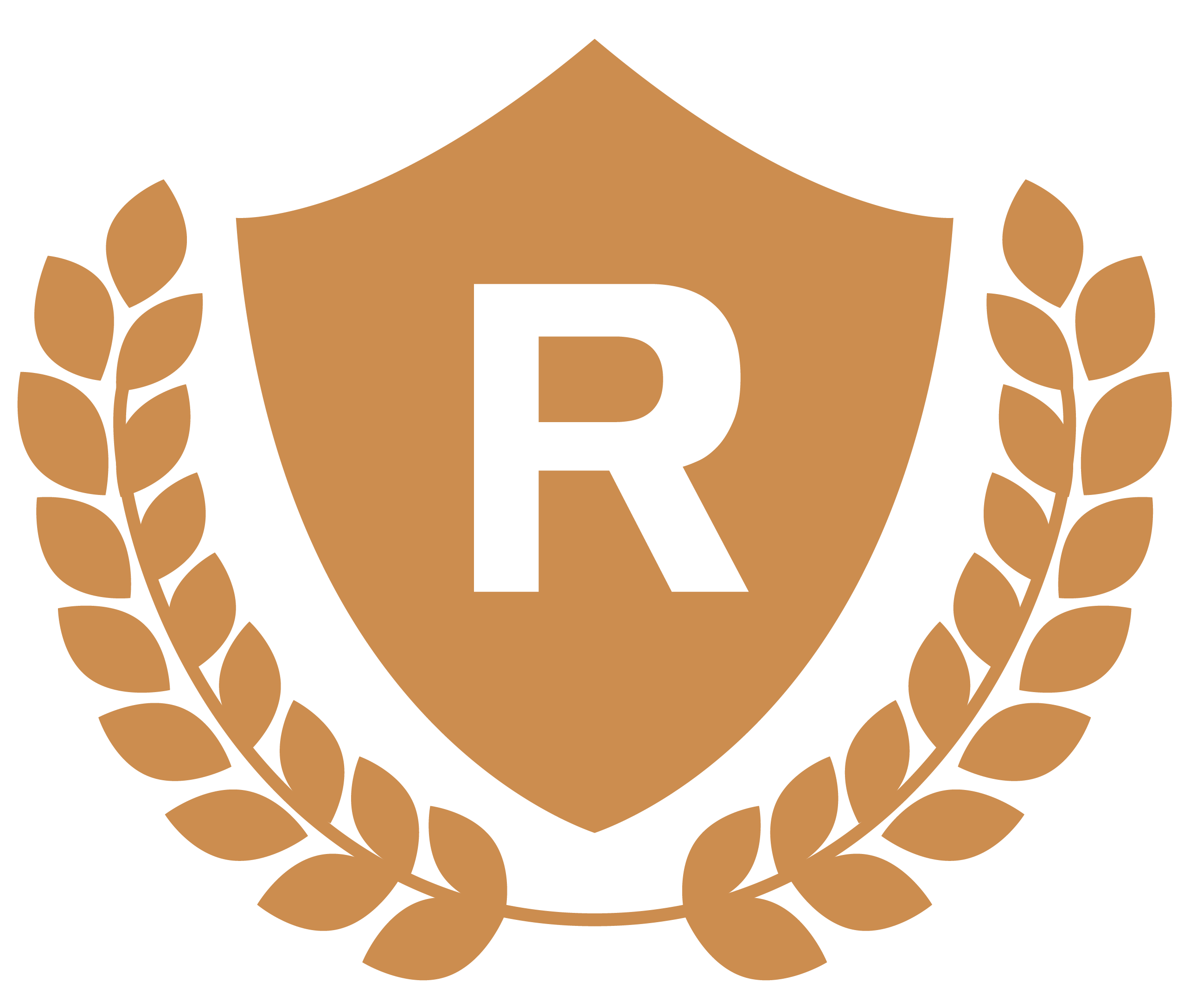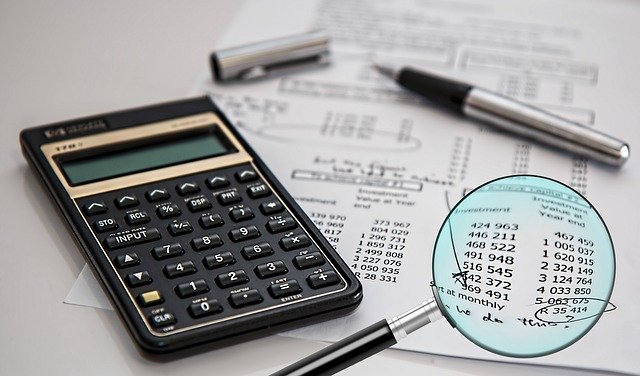Forensic Accountants plays a major role in fraud, investigation. With the rising technology and developments come the rise of fraud. There are many reasons why a person may commit fraud- holes in the company’s management, pressure in their personal life, or irrationality. So, once an employee is actually caught for fraud, what are the next steps? Who actually determines whether the employee’s actions count as fraud or not?
This is the job of a Forensic Accountant. Once the suspicion of fraud arises, courts call upon Forensic Accountants to investigate how the fraud occurred, and whether all the evidence collected by the Fraud Examiners points toward reasonable grounds for fraud or not.
The job of a Forensic Accountant is to study the provided data related to the case. From this, they must determine how the money was ‘stolen’, and how to recover it. Forensic accountants provide their knowledge of investigating, accounting, and auditing to collect and present evidence related to fraud. They may also be asked to present their findings in court in the case of litigation.
Regular accounting requires recording and cross-checking the transactions made by a business. On the other hand, forensic accounting requires in-depth- analysis. This is helpful in recovering lost money and resolving conflict among the involved parties.
Forensic accountants must have superb numerical and analytical skills. They use these to pore over the given material in-depth and present facts that would otherwise be complex in a clear, simplified manner.
So, why is Forensic accounting necessary in today’s world?
The increasing need for Forensic Accountants is greatly tied to the rise in corporate and individual fraud. With the increasing economic pressure, more struggling individuals and companies may resort to fraud in order to make quick money, or keep up their targets.
People are facing the loss of their job and insolvency now more than ever, which may drive them to extremes. People can commit fraud in many ways, and it’s not always easy for the higher-ups to keep track of each and every employee in the company.
Sometimes the Internal Audit of the companies themselves may fail to notice the red flags. Management itself may not be able to pinpoint the reason for fraud or determine how the money was spent. In this case, they hire Forensic Accountants to follow the trail for them. Even if the audit committee is able to detect when and how fraud occurs, they usually do not have the resources or time to carry out in-depth investigations. These functions are then left to the team of Forensic Accountants.
Forensic Accountants usually use their own arsenal of skills to get the job done. However, in most cases, they work in tandem with insurance agents, law enforcement officers, and government institutions to figure out the best course of action.
A day in the life of a Forensic Accountant
Here’s what goes on behind the scenes in this exciting career-
Investigation
Like any other case, a Forensic Accountant begins his/her investigation once the suspicions of fraud are confirmed. This first step involves combing through data to look for any discrepancies, interviewing employers and management of the affected company, and following other trails. It is up to Forensic Accountants to use their analytical skills to speculate on what exactly might have happened. Once they reach a rough conclusion, they then figure out a plan for the next steps and relay it to the company. The accountants and employees will then cooperate for the remainder of the task.
Reporting the findings
Once the Forensic Accountants put a plan into place, they inform the required law enforcers. The law enforcement team then begins an investigation of the suspects based on the evidence compiled by the Forensic Accountants. Based on their findings, they also point out various shortcomings in the company’s security system. They may also work together to create strategies for better security in the future, to prevent fraud from taking place again. Using all the data gathered, the Forensic Accountant team prepares a comprehensive report which they then submit to the law enforcers and lawyers in charge of the case. Once they do this, they may have to prepare to present their findings in court.
Legal proceedings
The Forensic Accountant acts as one of the most important witnesses in court. They now possess in-depth knowledge of all the events of the case and use this to testify against the culprit. They present their report and explain the evidence in detail to the judge and jury, who will then deliberate and pass the final verdict. It is up to the Forensic Accountant to explain all the details of the case in such a way that everyone understands. This ensures that the court is able to reach a just decision. All in all, the Forensic Accountant plays an extremely important role in every step throughout this journey.
How can you become a Forensic Accountant?
Are you interested in joining the high-profile world of Forensic Accounting? Here’s how you can start your journey into this lucrative and fulfilling career-
- Anyone looking to be a Forensic Accountant must naturally have a curious mind and a nose for sniffing out danger. Education will only take you so far- it’s the ability to read between the lines that makes a Forensic Accountant so great. Apart from this, they must also be great with numbers and have a fondness for compiling and analyzing data.
- To begin your journey, you must build a good base. Aspirants must possess a Bachelor’s Degree in Finance, Accounting, or Forensic Accounting. In a few cases, even a Criminal Justice or Law Enforcement degree will do. Usually, one must spend a few years as a general accountant before entering the field of Forensic Accounting. To gain more experience and renown, one can obtain a Masters in the subject as well. This will open the doors to more demanding and higher-paying positions.
- As with any other position, collecting certifications along the way is always a good idea! Many jobs require a Certified Public Accountant License. Many more helpful certifications exist that can help forge new paths, like the Certified Forensic Accounting Professional (CFAP) and Certified Bank Forensic Accountant (CBFA). Though certificates are not always required, they definitely help Forensic Accountant aspirants get a leg up over other candidates!
We can help!
So, now that we’ve explored the basics of Forensic Accounting, are you ready to build an exciting and rewarding career in this world? You can start your journey today with Riskpro Learning! We offer a number of courses and certifications that can help you expand your knowledge on the subject. Broaden your horizons with us today!

